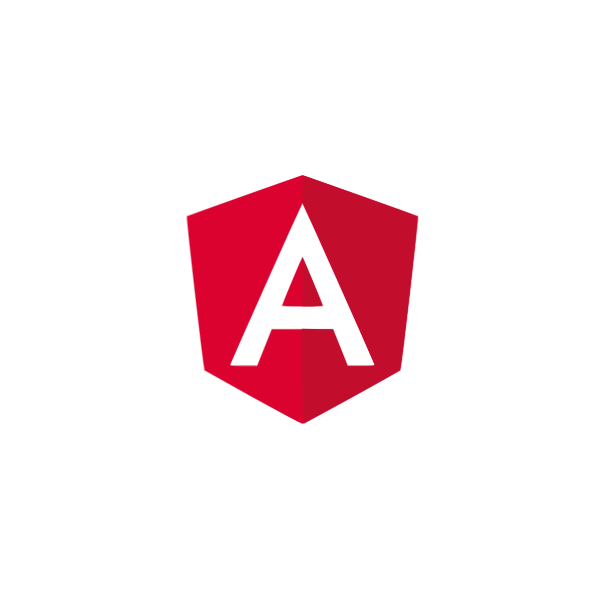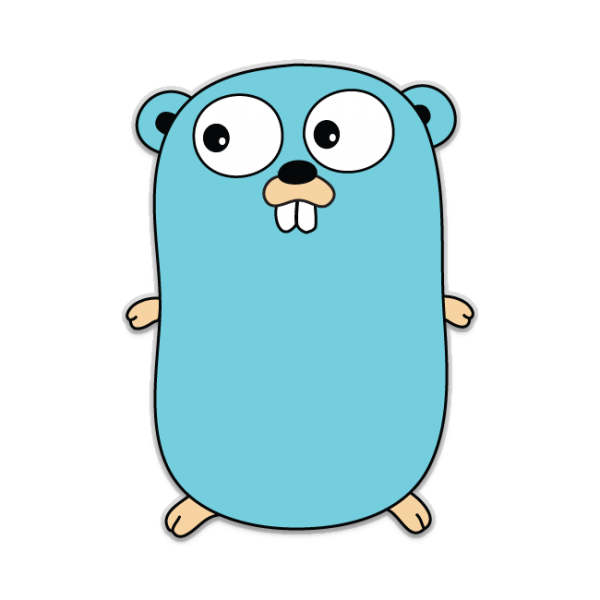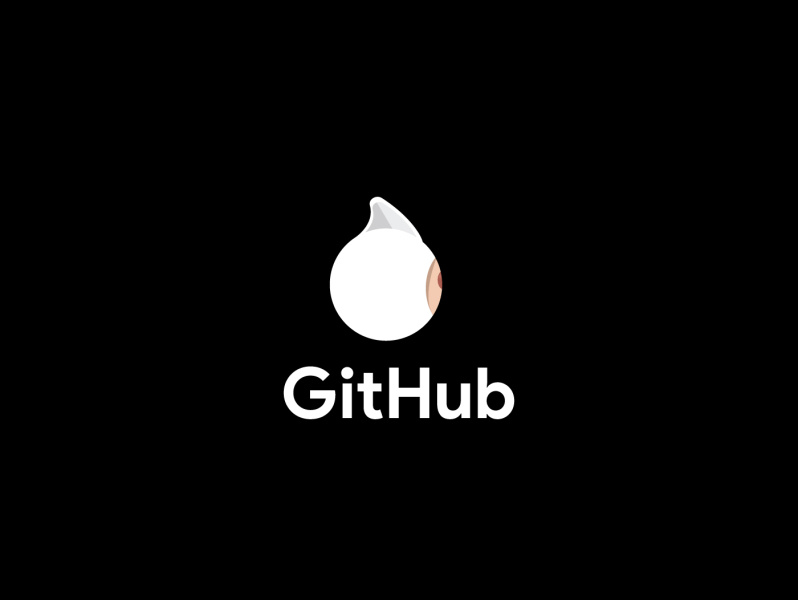Zolang • ZolangTemplates • Zolang IDE

Table of Contents
Zolang
A lightweight frontend for virtually any general purpose programming language.
What is it?
Zolang is a programming language with capabilities that make it transpilable to virtually any other programming language.
Zolang does this by offloading code generation to its users through Stencil (template language) specification files.
Theoretically though, these (.stencil) specification files could make Zolang output any kind of text. Making the language a very useful code generation tool and a decent lightweight alternative to many cross-platform frameworks.
What Zolang is Not
Zolang is not a general purpose programming language and probably won't have support for standard library functionalities in the forseeable future. This is because Zolang uses a templating language for compilation, which is not the expected usage of such a language, and becomes slow quite quickly, limiting the amount of code feasable for Zolang development.
Documentation
Installation
MacOS
curl -LO https://github.com/Zolang/Zolang/releases/download/0.1.19/zolang
mv zolang /usr/local/bin/
chmod +x /usr/local/bin/zolang
Linux & Mac (Build From Source)
At the time of writing there is a bug in Swift on Linux that prevents me from providing working build for Linux so if you're running on Linux you will (for now) have to have Swift installed (Download Swift) and simply build from source.
git clone https://github.com/Zolang/Zolang
cd Zolang
swift build -c release
cd .build/release
cp -f Zolang /usr/local/bin/zolang
Verify installation
zolang
Getting Started
Setting up development environment
Zolang is best with Visual Studio Code using the zolang-ide extension
Initializing Project
If you don't have an existing project start by creating a project folder and navigate to it
mkdir MyZolangProject
cd MyZolangProject
Then initialize the project
zolang init
This will create a zolang.json file that will be used to specify build settings for your Zolang and setup the project's file structure.
Example
The Config File
A typical zolang.json project file compiling to Swift, Kotlin and Python would look something like this:
{
"buildSettings": [
{
"sourcePath": "./.zolang/src",
"stencilPath": "./.zolang/templates/swift",
"buildPath": "./.zolang/build/swift",
"fileExtension": "swift",
"separators": {
"CodeBlock": "\n"
},
"flags": [
"swift"
]
},
{
"sourcePath": "./.zolang/src",
"stencilPath": "./.zolang/templates/kotlin",
"buildPath": "./.zolang/build/kotlin",
"fileExtension": "kt",
"separators": {
"CodeBlock": "\n"
},
"flags": [
"kotlin"
]
},
{
"sourcePath": "./.zolang/src/",
"stencilPath": "./.zolang/templates/python2.7",
"buildPath": "./.zolang/build/python2.7",
"fileExtension": "py",
"separators": {
"CodeBlock": "\n"
},
"flags": [
"python2.7"
]
}
]
}
Notice the ./.zolang/templates/{LANGUAGE} This is the location of the .stencil files that customize the actual code generation process. The Zolang organization has a repo of supported languages. But zolang init only fetches the three (Swift, Kotlin and Python).
./zolang/src is where all the Zolang code is stored.
flags are compile time constants that can be used in only statements see docs
😇 P.S. It only took around an hour to add the templates needed to be able to compile Zolang to both Kotlin and Swift! So you shouldn't restrain yourself from using Zolang if your favorite language is not yet supported. Just add it and continue hacking.
Your First Model Description
We could create a file ./zolang/src/Person.zolang
describe Company {
name as text
revenue as number
employeeNames as list of text default []
}
Building
Just ...
zolang build
... and enjoy checking out the readable code generated to ./zolang/build/swift/Person.swift and ./zolang/build/kotlin/Person.kt
Hot Reloading
Zolang supports hot reloading or live compilation through the watch action
zolang watch
This action will observe changes to Zolang source files with paths specified in zolang.json and rebuild.

Language Overview
Types
Zolang has five primitive types
- boolean
- text
- number
- list
- dictionary
boolean
Values are either true or false
See section below on operators for further information
text
Defined within double quotes
"a piece of text"
You can format a piece of text using ${...}
"this is a string with an embedded variable: ${someVar}"
The limitation when it comes to text in Zolang is that the language doesn't care for characters that need to be escaped.
The text: "this is a text \n" would remain unchanged when compiling to other languages which might become a problem if \n is handled differently in the other languages the Zolang code is being compiled to. Thankfully languages seem to handle character escaping in a somewhat similar fassion so most of the time this does not make a difference.
number
Zolang currently only has one type to represent numbers.
Numbers work just as you would expect:
let num1 as number be 0.12345
let num2 as number be 5
list
The same goes for lists. They represent ... you guessed it, lists of data; and are declared by using the list keyword followed by a of keyword and finally the type of the element you want to represent.
List literals are defined with a comma separated sequence of expressions wrapped inside enclosing brackets [...]
let myList as list of text be [ "1", "2", "3" ]
dictionary
Dictionaries might be a bit different to the key-value types you're used but fear not they're just as easy to understand.
In Zolang dictionaries only have one available Key type, text, so their usage becomes similar to lists:
let myDict as dictionary of number be { "num1": 5, "num2": 7.5 }
This is to make sure all pure Zolang models are easily serializable to JSON so that later on templates in ZolangTemplates will be able to autogenerate serialization methods for all models.
Operators
Prefix Operators
There is only one supported prefix operator in Zolang
not and ! both meaning the same thing and are meant to be used as negation for boolean types
Infix Operators
Infix operators in Zolang:
or,||: boolean orand,&&: boolean and<: less-than>: greater-than<=: lesser-than-or-equal>=: greater-than-or-equalequals,==: equalityplus,+: additionminus,-: subtractionmultiplied by,times,*: multiplicationdivided by,over,/: divisionmodulus,%: modulus
NOTE! Watch out for precedence. Zolang offloads precedence handling to the languages being compiled to. With types that are of number type this is seldom an issue but as Zolang doesn't currently support type checking, any operator can be used on any type, so beware.
Comments
Zolang currently only supports single line comments prefixed by #. Currently, comments are ignored in the build phase and can only be used to document Zolang code.
# This is a comment
Describing a Model
describe Person {
name as text
street as text
number as number
friendNames as list of text
}
Now like you can create a Person by calling:
let john as Person be Person("John", "Wall Street", 15, [ "Alice", "Bob" ])
Access Control
It can be handy to be able to specify some ground rules as to what code can access what properties.
If we look at Person example from above we might want to limit access to his address to be only accessable from within the Person's description.
This can be done by using the private access limitation specifier
Currently supported access limitation specifiers are
private
If nothing is specified the property/function will be declared public
private street as text
private number as number
Default Values
Properties can also have default values
private street as text default "John"
Static
Zolang allows static declaration of properties/functions:
static species as text default "Homo Sapiens"
This can then be accessed by calling:
Person.species
Variable Declaration
let person as Person be Person("John Doe", "John's Street", 8, [ "Todd" ])
Mutation
make person.name be "Jane Doe"
Functions
Functions in Zolang can be declared in a model description, in Person, the model we described above we could define a function address which would combine street and number as so:
describe Person {
name as text
street as text
number as number
friendNames as list of text
address return text from () {
return "${street} ${number}"
}
}
Invoking Functions
person.speak("My address is ${person.address()}")
Arithmetic
Lets say we wanted to calculate something like 1 + 2 + (3 * 4) / 5
In Zolang this would be written in various ways:
1 + 2 (3 * 4) / 5
1 plus 2 plus (3 times 4) over 5
1 plus 2 plus (3 times 4) divided by 5
Looping through Lists
let i as number be 1
while (i < person.friendNames.count) {
make i be i plus 1
}
Metaprogramming
In Zolang there are two features designed for metaprogramming purposes, raw and only
raw
raw {'Any text here'}
This will tell the compiler to skip the code generation process for "Any text here" and forward it as is to the compiler's output
only
only "<flag1>", "<flag2>",... { <code> }
Using only we can tell the compiler to ignore code for buildSettings not included in a comma separated list of flags (flags are specified in ./zolang.json under "flags" in each buildSetting)
only "python2.7", "swift" {
print("text")
}
Putting it all Together
Using these two features (raw & only) we could create a facade for logging to the console:
describe Sys {
static log return from (txt as text) {
only "python2.7", "swift" {
raw {'print(txt)'}
}
only "kotlin" {
raw {'println(txt)'}
}
}
}
Sys.log("Hello World!")
Roadmap / Upcoming Features
- Faster compilation
- Fetch ZolangTemplates from the Zolang CLI
- Update Zolang from the Zolang CLI
- Type checking
- For loop
- Function mutation
Why Zolang?
Zolang doesn't try to be a general purpose programming language, it is limited in features and is yet to have a standard library, so why use Zolang instead of other programming languages?
... well, it's transpilable to multiple languages including Kotlin, Swift and Python and there are few limits to how many languages can be supported, to give you the idea of how soon your favorite language will be supported (if not already) adding support for all the three aforementioned languages took about an hour.
This means that Zolang is very good for implementing basic logic in your app with a single source of truth, generating code needed for virtually all platforms your app is running on.
A User Story: The Story Behind Zolang
The idea for Zolang came from within a fast moving startup. It was moving fast in the sense that the tech stack was rapidly changing every now and then, the product had projects in 4 languages, Swift, TypeScript, JavaScript and Ruby. All of which had duplications in definitions of models.
So every time the tech stack changed drastically, changes had to be made in many of the (if not all four) implementations. So we wanted a language where we could write the model layer of our application with a single source of truth, generating code for all of our programming languages.
Name
I'm a Star Wars fan and in the Star Wars world Zolan is the home planet of a species called clawdites, who are known for their ability to transform their appearance to look like virtually any other creature.
As the language aims to be transpilable to virtually any other programming language the clawdites came quickly to mind. Sadly the species doesn't have a catchy name, so I found myself falling back to their planet Zolan. And since this is a language and lang is often used as an abbreviation for language the "g" was soon to follow.
Remember this guy from "Attack of the Clones":

That is a clawdite, my inspiration for the name and logo.
License
MIT License
Copyright (c) 2018 Thorvaldur Runarsson
Permission is hereby granted, free of charge, to any person obtaining a copy of this software and associated documentation files (the "Software"), to deal in the Software without restriction, including without limitation the rights to use, copy, modify, merge, publish, distribute, sublicense, and/or sell copies of the Software, and to permit persons to whom the Software is furnished to do so, subject to the following conditions:
The above copyright notice and this permission notice shall be included in all copies or substantial portions of the Software.
THE SOFTWARE IS PROVIDED "AS IS", WITHOUT WARRANTY OF ANY KIND, EXPRESS OR IMPLIED, INCLUDING BUT NOT LIMITED TO THE WARRANTIES OF MERCHANTABILITY, FITNESS FOR A PARTICULAR PURPOSE AND NONINFRINGEMENT. IN NO EVENT SHALL THE AUTHORS OR COPYRIGHT HOLDERS BE LIABLE FOR ANY CLAIM, DAMAGES OR OTHER LIABILITY, WHETHER IN AN ACTION OF CONTRACT, TORT OR OTHERWISE, ARISING FROM, OUT OF OR IN CONNECTION WITH THE SOFTWARE OR THE USE OR OTHER DEALINGS IN THE SOFTWARE.


Programming Tips & Tricks
Code smarter, not harder—insider tips and tricks for developers.
#1
#2
#3
#4
#5
#6
#7
#8
#9
#10
Error Solutions
Turn frustration into progress—fix errors faster than ever.
#1
#2
#3
#4
#5
#6
#7
#8
#9
#10
Shortcuts
The art of speed—shortcuts to supercharge your workflow.
#1
#2
#3
#4
#5
#6
#7
#8
#9
#10
Made with ❤️
to provide resources in various ares.



















